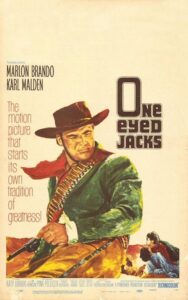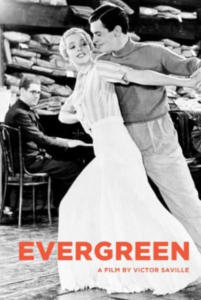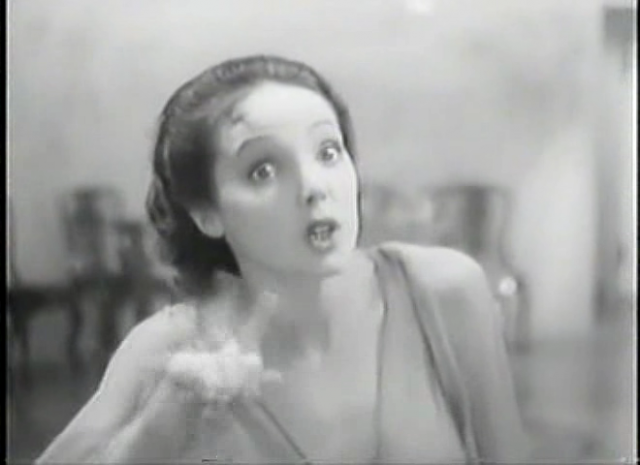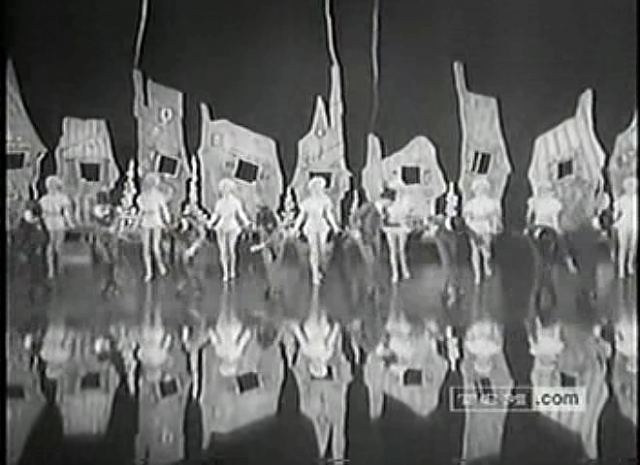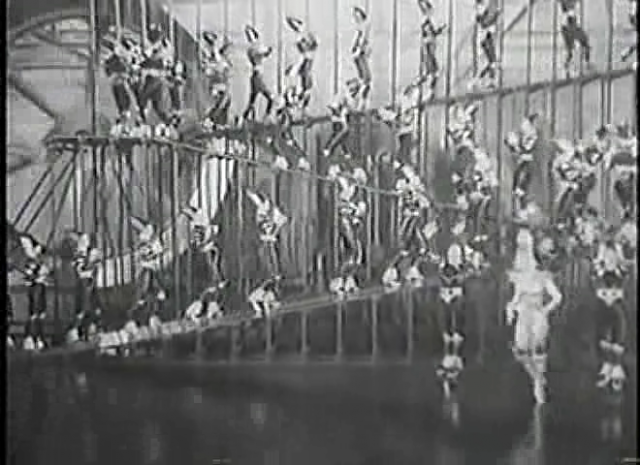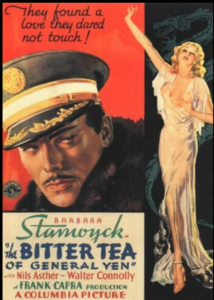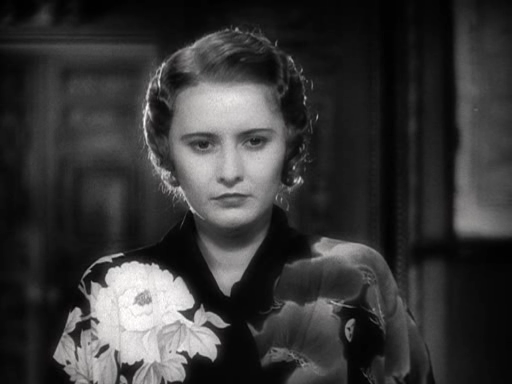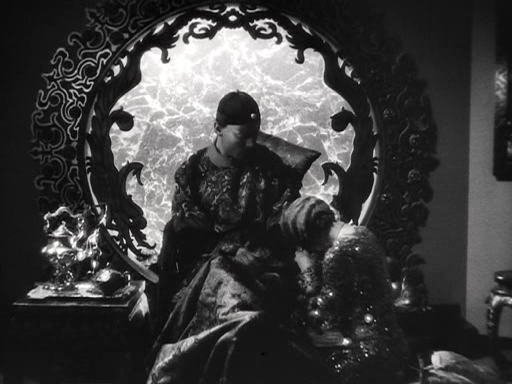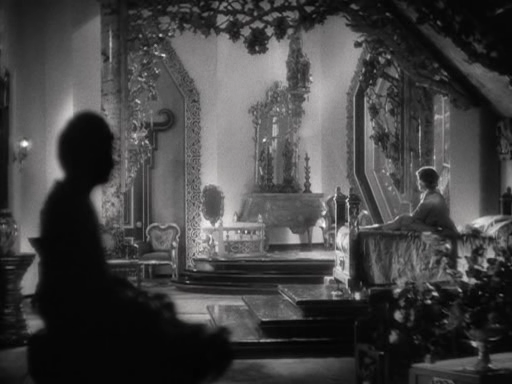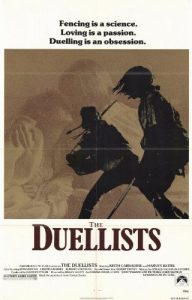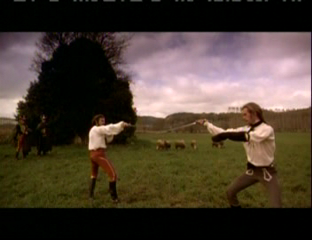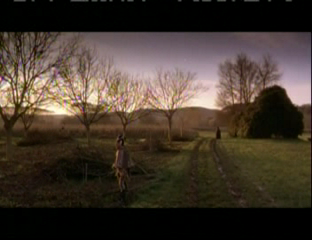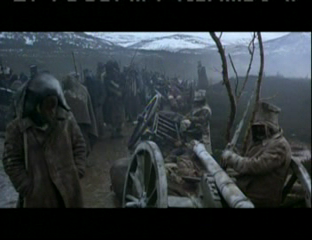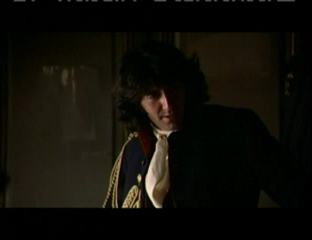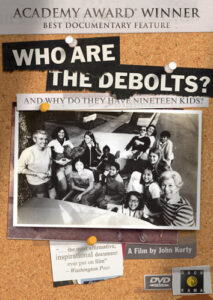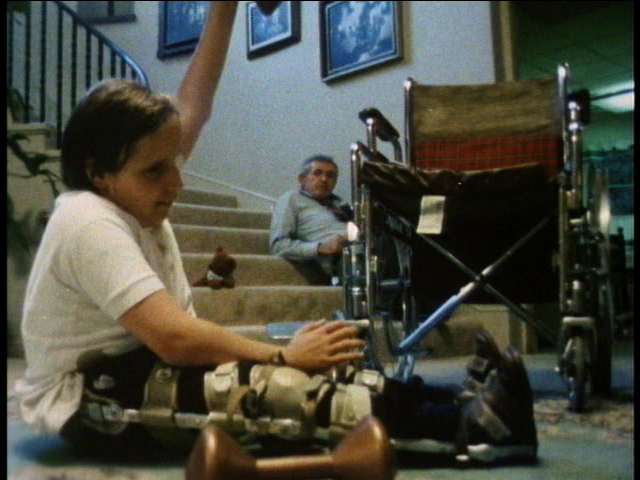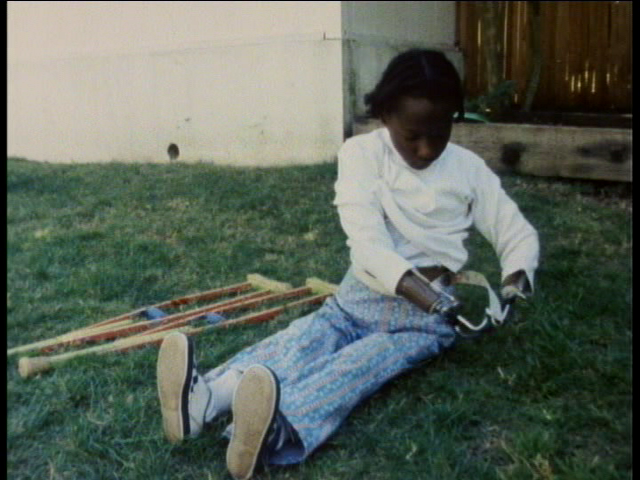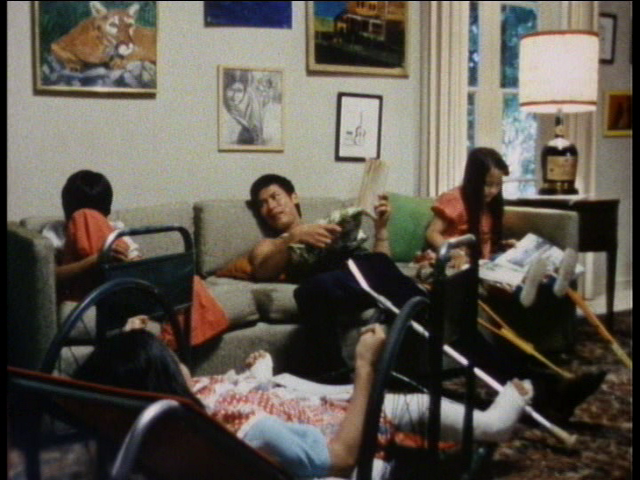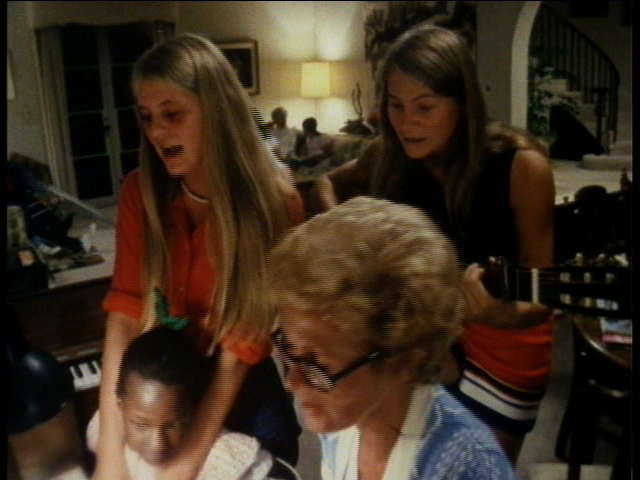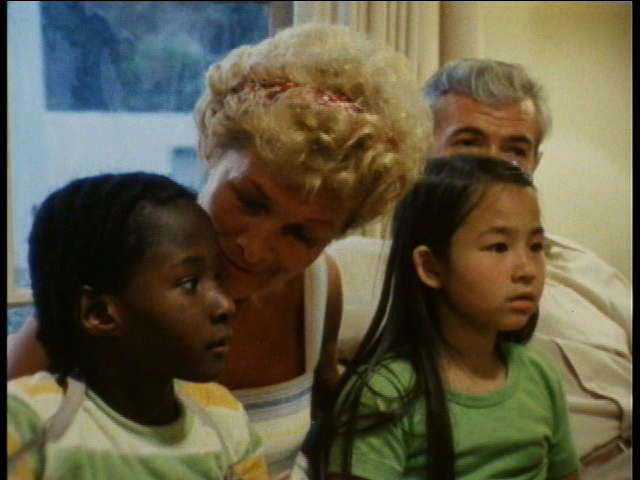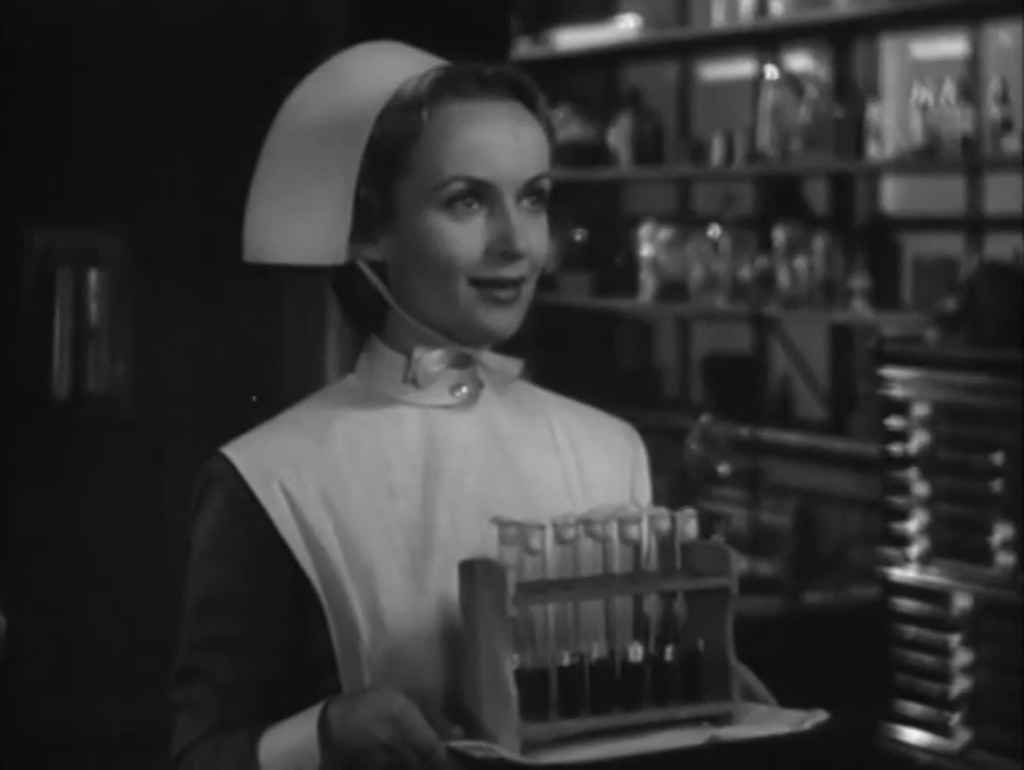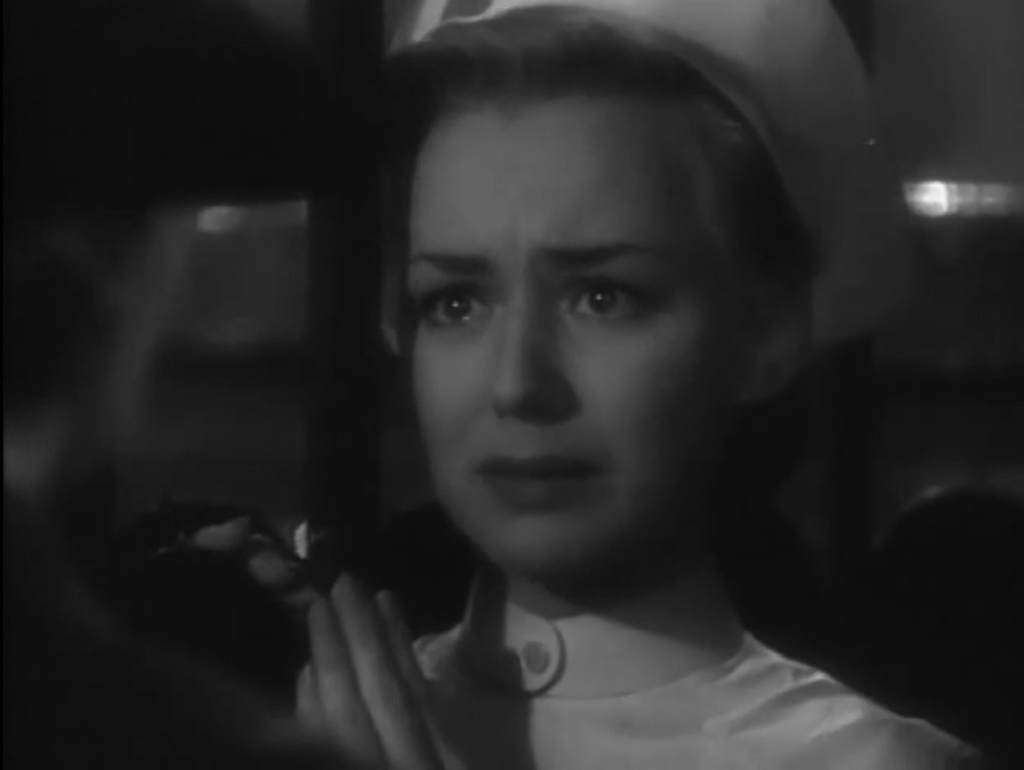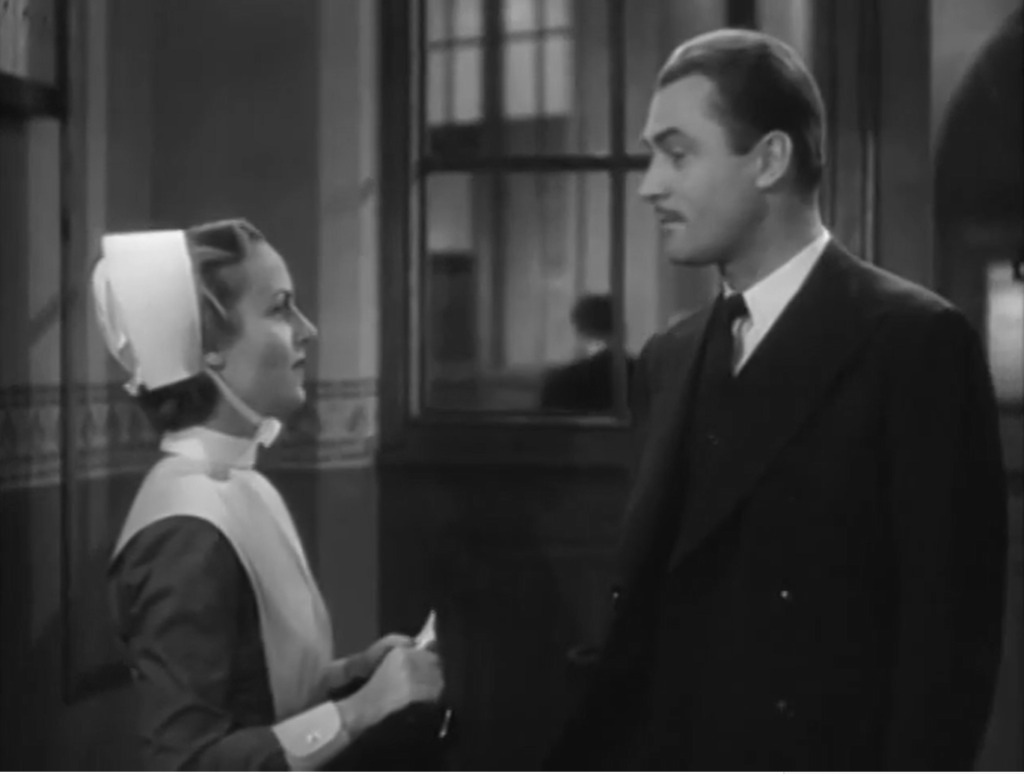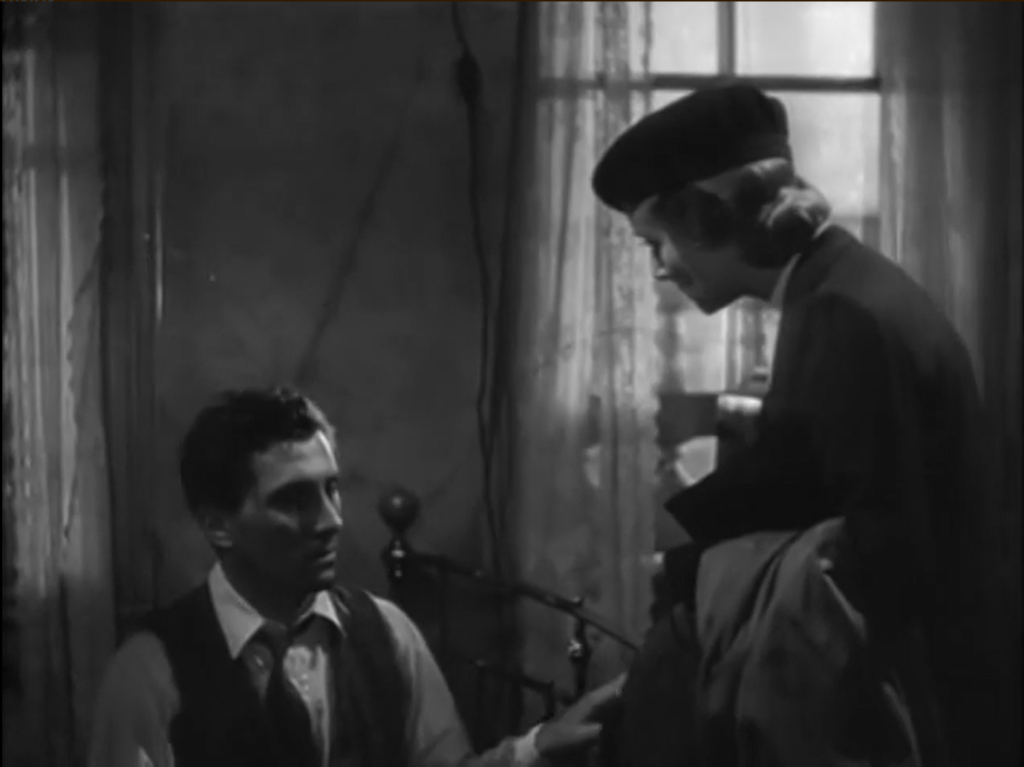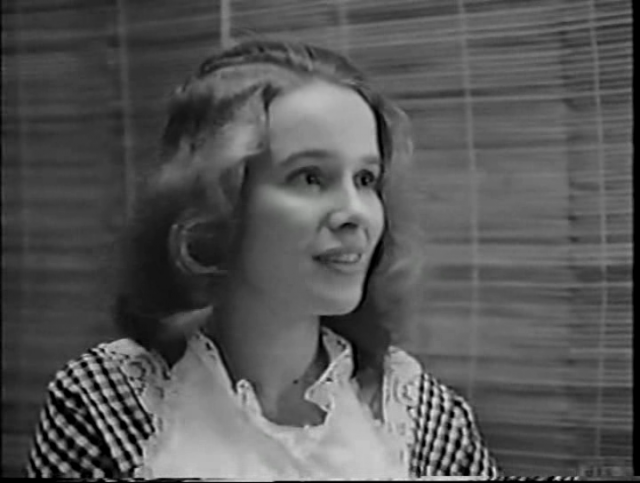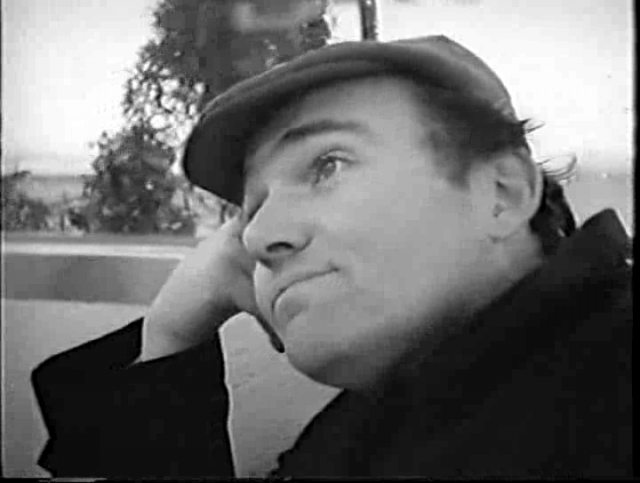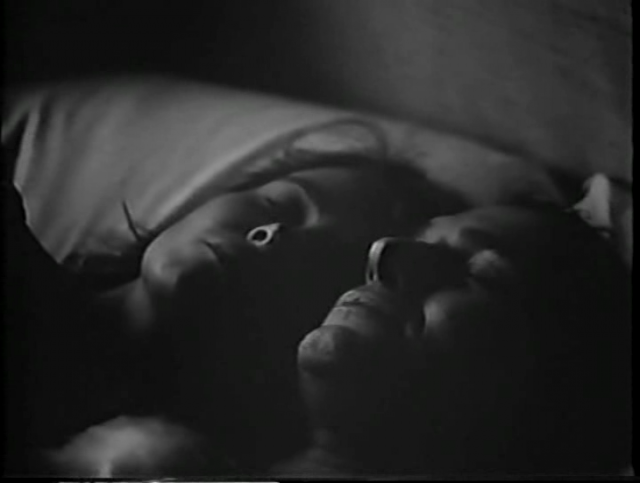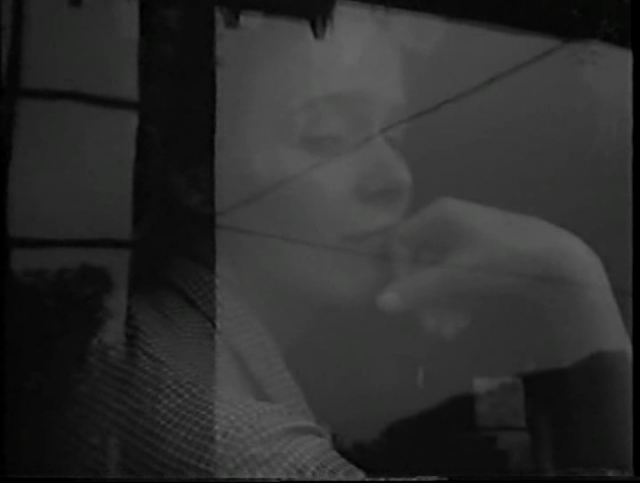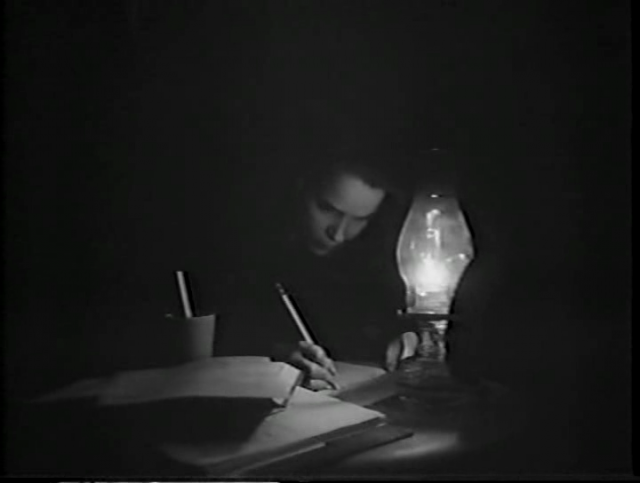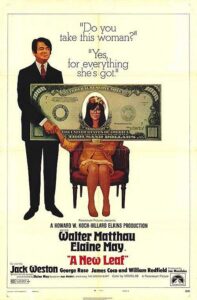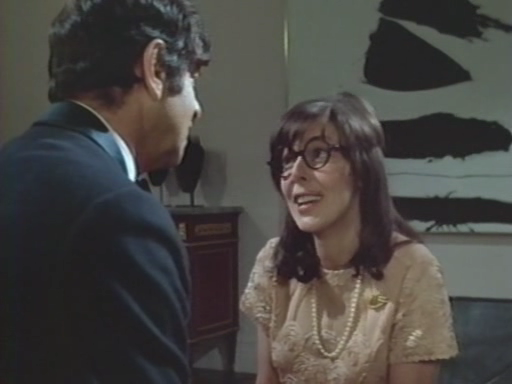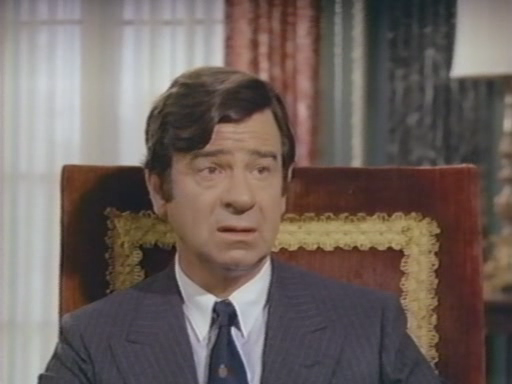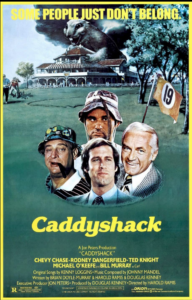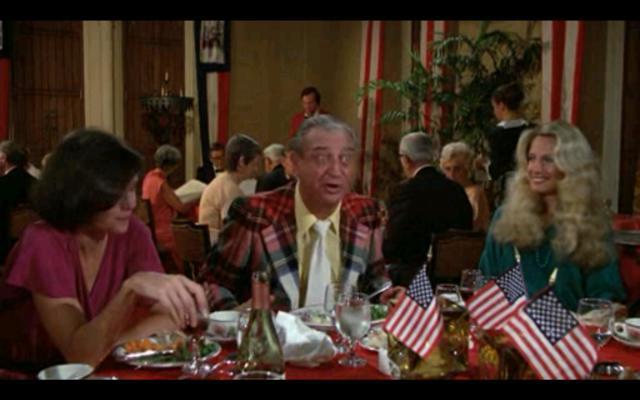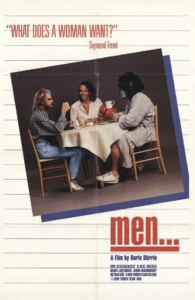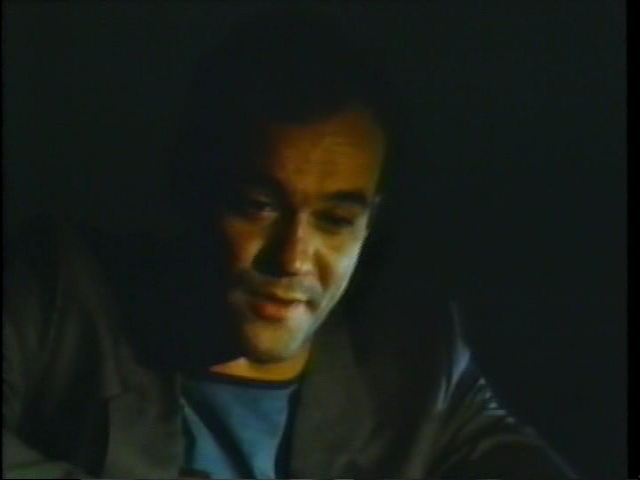One-Eyed Jacks (1961)
“You may be a one-eyed jack around here, but I’ve seen the other side of your face.”
|
Synopsis: |
|
Genres, Themes, Actors, and Directors:
Response to Peary’s Review: The aspect of the story that works least well is Rio’s star-crossed romance with Malden’s stepdaughter (Pina Pellicer), who comes across as far too willing to forgive Rio’s lies and welcome him back into her embrace (were there explanatory scenes cut from the longer version??). Yet Pellicer (who, sadly, took her own life just a few years after this film was released) has such a winning presence and an unusual beauty that we can’t help enjoying her whenever she’s on-screen, despite how little she’s given to work with. Indeed, nearly the entire western is pleasant to watch, given the inspired decision to establish the setting along California’s Monterey coast, with dramatic waves crashing in the background during numerous key scenes. Malden himself is nicely cast against type in a complex villainous role; and while Peary argues that Brando is simply patterning his performance after Elvis Presley and other “fifties rebels”, I find his tortured portrayal of Rio to be convincing. Equally impressive is the fine supporting cast — most notably Ben Johnson as a hardcore baddie who hooks up with Rio after his escape from prison, and Katy Jurado in a tiny but effective role as Malden’s wife. Redeeming Qualities and Moments:
Must See? Categories
(Listed in 1001 Movies You Must See Before You Die) Links: |
